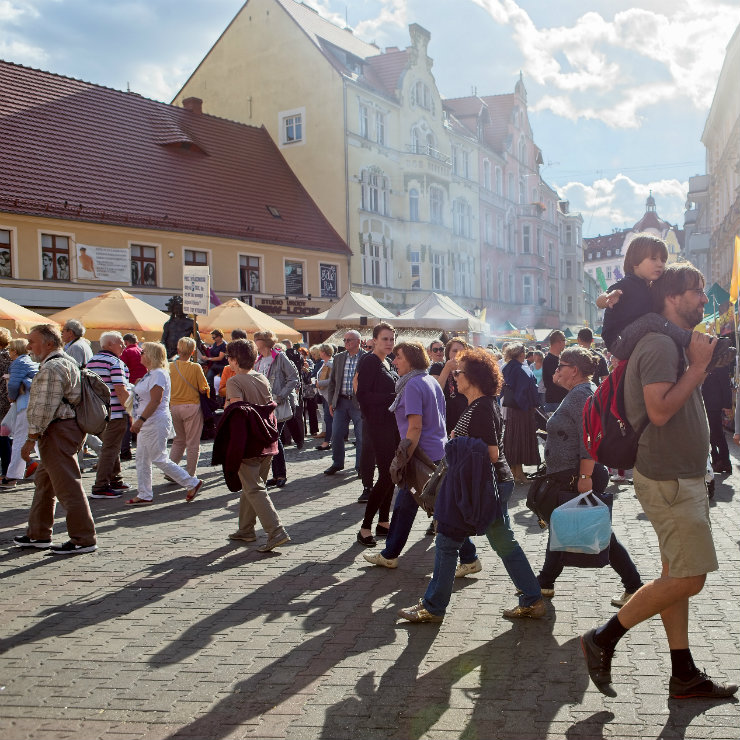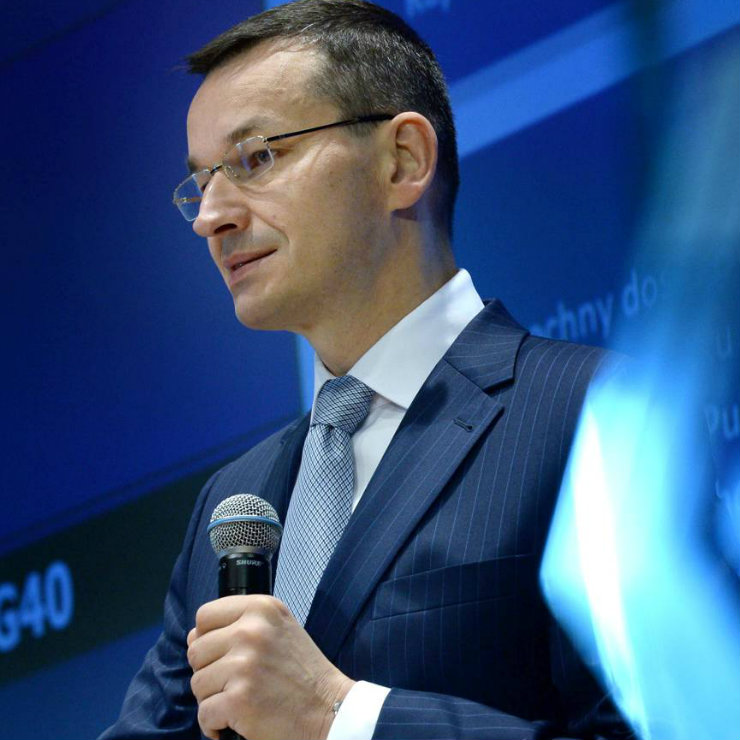
The issue of wage levels and income inequality is becoming hot topic in discussions concerning the Polish economy. International comparisons indicate that average wages in Poland are higher than what would be expected on the...

According to the report of the EU Intellectual Property Office, on average every EU citizen loses the equivalent of EUR116 per year due to the sale of counterfeit products. The total losses in 13 industries in the EU reach...

Following the memorable changeover in the presidency of Russia in 2012, when Vladimir Putin and Dmitry Medvedev simply swapped places, a new plan of national development was formulated for Putin's next term in office.

Four countries of Central and Southeast Europe are considered as advanced economies in the World Economic Forum The Inclusive Development rating: Czech Republic, Slovenia, Slovakia and Estonia.

Machines, means of transport and food products are the leaders of Polish exports, mainly within the European Union. In non-EU countries, Poland is associated with raw materials mainly.

The EU 3 per cent of GDP limit in a state budget is of no major macroeconomic relevance in Poland. The issue is different – lack of capability to generate savings in good times.

Opinions are divided on the strength of the interdependence of the stock market trends and economic growth. In Poland one can often encounter the fairly popular idea that changes in the stock market outlook precede changes in...

According to early data on economic growth in the Q2’16 in Poland, the economy grew by 3.1 per cent compared with the Q2’15. Investment may be the cause of the biggest concern, but that is not the picture of the economy as a...

Polish government proposes a new reform of pension system. Instead of three pension pillars there will be two.

Bulgaria wants to cut its fiscal deficit to 0.5 per cent of GDP by 2019 and protect its currency's peg to the euro, its mid-term budget forecast shows.